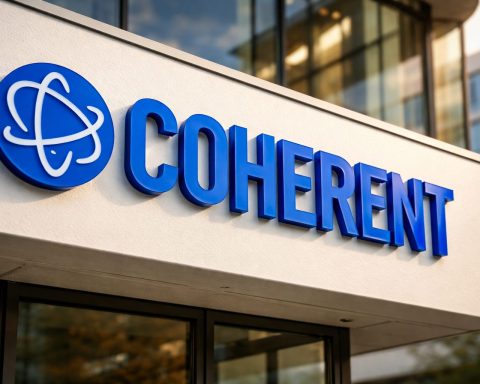- Q4 Earnings Beat Expectations: Accenture topped forecasts with fiscal Q4 revenue of $17.6 billion (+7% YoY) and adjusted EPS of $3.03, narrowly beating consensus (~$17.35 B and $2.97). Robust demand for AI-driven consulting helped drive the beat, with enterprise clients ramping up digital projects. Shares initially rose ~3–4% in pre-market trading on the news.
- Strong FY2025 Results: Full-year FY25 revenue reached $69.7 billion (+7% YoY), with adjusted EPS up 8% to $12.93. New bookings hit $80.6 billion for the year, including an impressive $5.9 billion in generative AI-related deals. Free cash flow was $10.9 billion, underscoring healthy cash generation.
- Soft FY2026 Guidance: Despite the strong FY25, Accenture’s outlook for FY26 was conservative. It projects local-currency revenue growth of 2%–5% (3%–6% excluding U.S. federal business)—below Wall Street’s ~5.3% expectation. Adjusted FY26 EPS guidance of $13.52–$13.90 still topped the Street’s ~$12.88 forecast, implying 5–8% earnings growth. Investors reacted cautiously to the lighter sales outlook, muting the stock’s gains.
- Stock Slumps in 2025: As of Sept 25, 2025, ACN traded in the mid-$230s, near 52-week lows (~$234) investing.com. The stock has plunged about 30%+ year-to-date, wiping roughly $70 billion in value amid broad market volatility. UBS analysts note the 32% YTD selloff appears overdone, with shares now ~25% below their two-year forward P/E average and at decade-low valuation levels.
- Analysts Cautiously Bullish: The consensus rating remains “Buy” – 21 analysts average a $318 price target (~33% upside). Several firms trimmed near-term targets (e.g. UBS to $315, Evercore $300, Wolfe $285) yet maintained bullish stances. Analysts are laser-focused on FY26: generative AI revenue ( ~7% of sales) and federal spending (~8% of sales) are key swing factors. Guggenheim’s Jonathan Lee warns that raising FY25 forecasts “does little to ease investor concerns about potential softness in fiscal 2026”, though he sees Accenture benefiting from long-term tech adoption tailwinds.
- Dividends & Buybacks Boosted: Accenture hiked its quarterly dividend 10% to $1.63 (payable Nov 14, 2025), reflecting confidence in cash flows. It plans to return at least $9.3 billion to shareholders in FY26 via dividends and share repurchases. The new annualized dividend (~$6.52) yields ~2.7% at current prices, supplementing substantial ongoing buybacks.
- Restructuring for AI Era: Management launched a $865 million, 6-month restructuring









